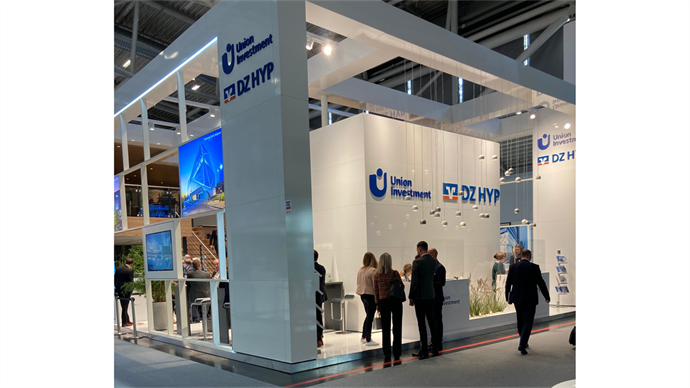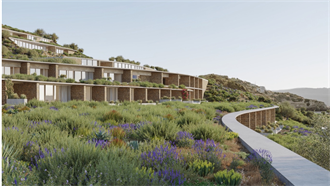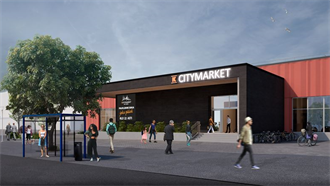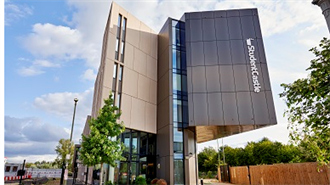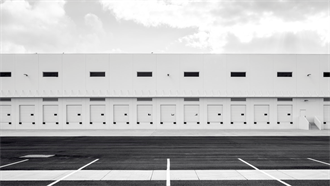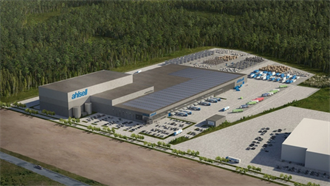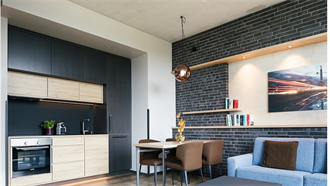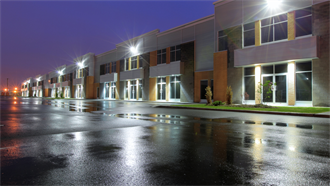Retail will shrink in cities, but the ‘fun part’ will remain and it will continue to play an important role in European cities post-pandemic, according to a panel discussion at Expo Real on Monday.
Despite the surge in e-commerce during the pandemic, physical retail still has a place in the future urban landscape where it will increasingly form part of mixed-use spaces, the livestreamed session entitled 'Transforming Retail to Meet People's Needs' concluded.
The days when shops on the ground floor of a building were the best performing units because they generated the highest rents are over, according to the panel, which was hosted by Union Investment Real Estate and moderated by its head of investment management global, Henrike Waldburg. In future, retail needs to be fun, flexible, and increasingly form an integral part of mixed-use buildings.
‘Classic mixed-use buildings are back and retail needs to be reinvented in a way that attracts people into those buildings,’ said Dr Tobias Just, Professor for Real Estate at the University of Regensburg who recently co-authored the book ‘European Cities After Covid-19: Strategies for Resilient Cities and Real Estate’.
‘There needs to be more interaction between shops and other asset classes; people are asking for services that incorporate leisure and entertainment,’ Just said.
Marcel Hertig, head of investment for the Benelux and Germany at US urban regeneration specialist Angelo Gordon, noted that it was important to have food + beverage (F&B) and other retail as a way of ‘opening up spaces to the community’ in a mixed-use setting. But he remarked that having retail on anything other than the ground floor was ‘becoming much more challenging’.
He cited the Ring Center 1 shopping centre in Berlin’s Friedrichshain district, which Angelo Gordon acquired with joint venture partner Kintyre in 2019, as an example of a retail asset which was being revamped for future use. ‘Here we are downsizing retail on the upper floors,’ he said.
In certain situations, repurposing of retail can be hampered by zoning regulations, the panel heard. And in the case of department stores, ’15-20% of the net lettable area is easily lost’ as a result of transformation, Hertig said.
ESG factors are also becoming increasingly important, the panellists agreed. ‘You can’t avoid it,’ Just said, pointing out that approaches like the Cradle-to-Cradle concept were becoming more viable as technologies advanced.
Hertig noted that investors ‘must think about the reusability’ of buildings and building materials, particularly when considering whether to demolish an asset and build from scratch or redevelop an existing asset. ‘We work with two firms which look at which elements of a building can be reused,’ he said. Increasingly, buildings need to be both carbon-neutral and energy-positive, he added.

